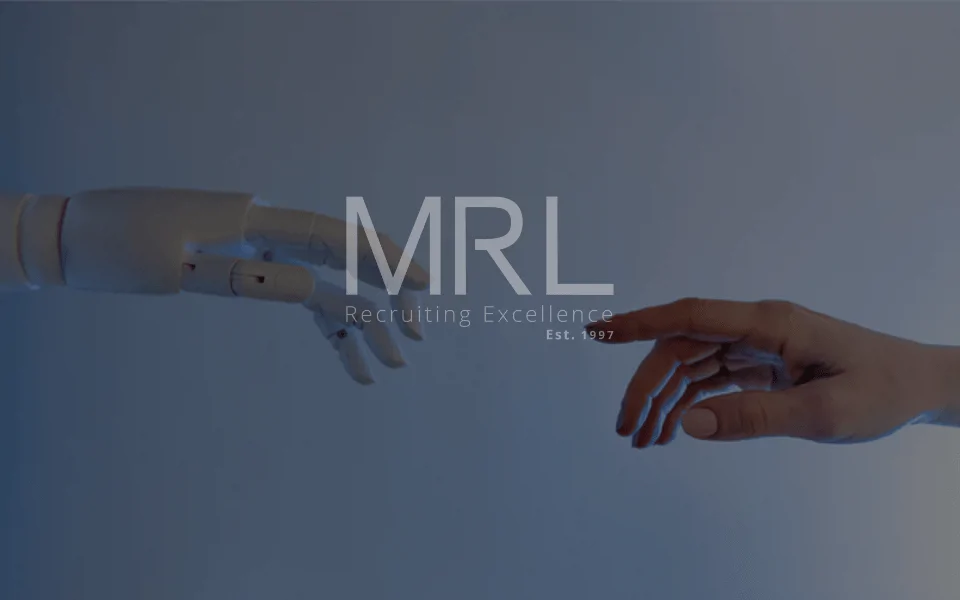Top 5 things tech candidates are asking for in 2023
16 Jan, 20235 minutesFlexible Working Candidates are placing a greater emphasis on the importanc...

Flexible Working
Candidates are placing a greater emphasis on the importance of how they will work. It certainly comes as no surprise to those who have studied this shift in behaviour; the existing data shows that flexible work helps reduce stress and increases job satisfaction and morale in employees across the board.
There are also employer benefits to a flexible work model, which include reduced levels of short-term absenteeism, improved staff retention (less staff turnover), better cost-effectiveness and efficiency, and increased customer satisfaction and loyalty as a result of all these points. Flexible work benefits both the employee and employer, but will more companies continue to adopt this in 2023, or revert back to life before the pandemic?
Better Location, Shorter Commute
Job location can be a significant consideration for candidates looking to change jobs. A shorter commute can bring many benefits, such as more time for other activities, less stress, and a better work-life balance. The pandemic has shown that having control over your work schedule and balancing professional and personal life become extremely valuable. A better job location can also provide access to better amenities such as parks, gyms or supermarkets, factors that improve the quality of life.
In summary, job location, including commute and accessibility to amenities, is an increasingly important factor for job seekers.
How does your company evaluate and prioritise job location in its recruitment process?
4-Day Work Week
Four-day work weeks have been at the forefront of work trends since the model was trial run in 2019, so the two come hand-in-hand. Operating on a shorter week has been subject to much controversy, but the benefits have been proven time and time again across multiple industries and countries, but one question always looms;
How can companies be more productive and more profitable with fewer days?
As a company that has adopted the 4-day work week since 2019, we can certainly vouch for how effective it can be. We have improved employee satisfaction, reduced stress levels, decreased sickness absence, and have successfully increased profits year-on-year. It didn't happen overnight, and certainly isn't a change that should be taken lightly. 6 months of research followed by a 6 month trial led us to the successful implementation of a 4-day week.
This model doesn't work for everyone, and it may not look the same from company to company, but it does work for us, and the results have been nothing short of incredible.
Clear Career Paths
Career progression is vital in the STEM industry as it allows individuals to take on more responsibilities and contribute to the success of their organisation. It also provides a sense of personal satisfaction and fulfilment. When looking for new job opportunities, a clear career progression is an essential consideration for many candidates. They want to know the potential for growth and development within the organisation they're considering. Employers that demonstrate a strong commitment to employee development are more likely to attract and retain top talent.
In conclusion, career progression plays a crucial role in retaining and attracting top talent in the semiconductor industry. It allows employees to take on more responsibilities, contributes to the success of their organisation, and finds personal satisfaction and fulfilment.
What strategies does your company use to prioritise and support employee development and career progression?
Company Training and New Tech Considerations
Access to company training and new technology is a common consideration for STEM candidates looking to switch jobs. The rapidly evolving nature of the industry demands that professionals keep up with the latest advancements to stay competitive. A company that invests in its employees' training and development shows a commitment to professional growth, which is crucial for long-term career prospects, and therefore extremely attractive to potential employees.
In summary, STEM candidates evaluate initiatives for learning and professional growth when considering new jobs. A company that prioritises access to training and new technology can be a valuable asset for professionals looking to advance their careers.
What steps is your company taking to invest in the professional growth and development of employees?
It is of course worth noting that employees are still very much interested in pay and benefits, that isn't going anywhere. We all have bills to pay and a life to live. But what we're now seeing is employees are just as interested in how they will work, how their career can progress and the balance between their personal and professional life, as they are in the financial aspect of any career move.




